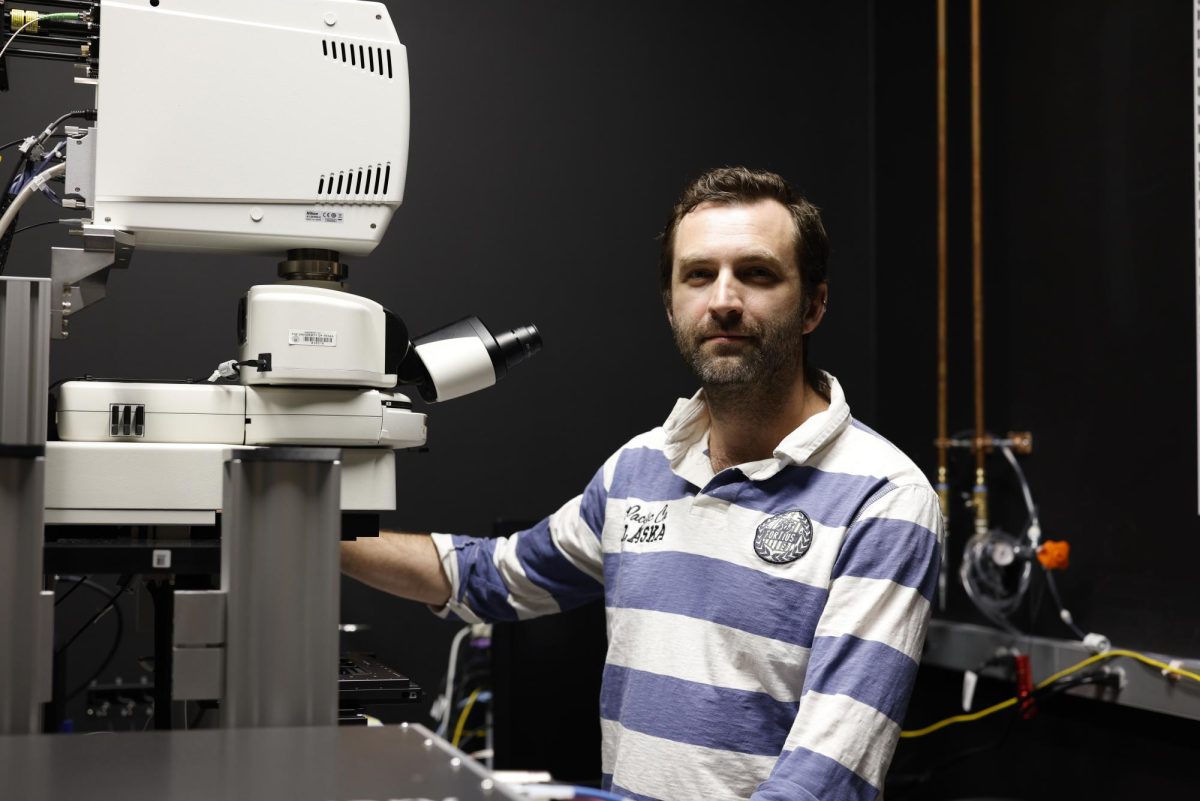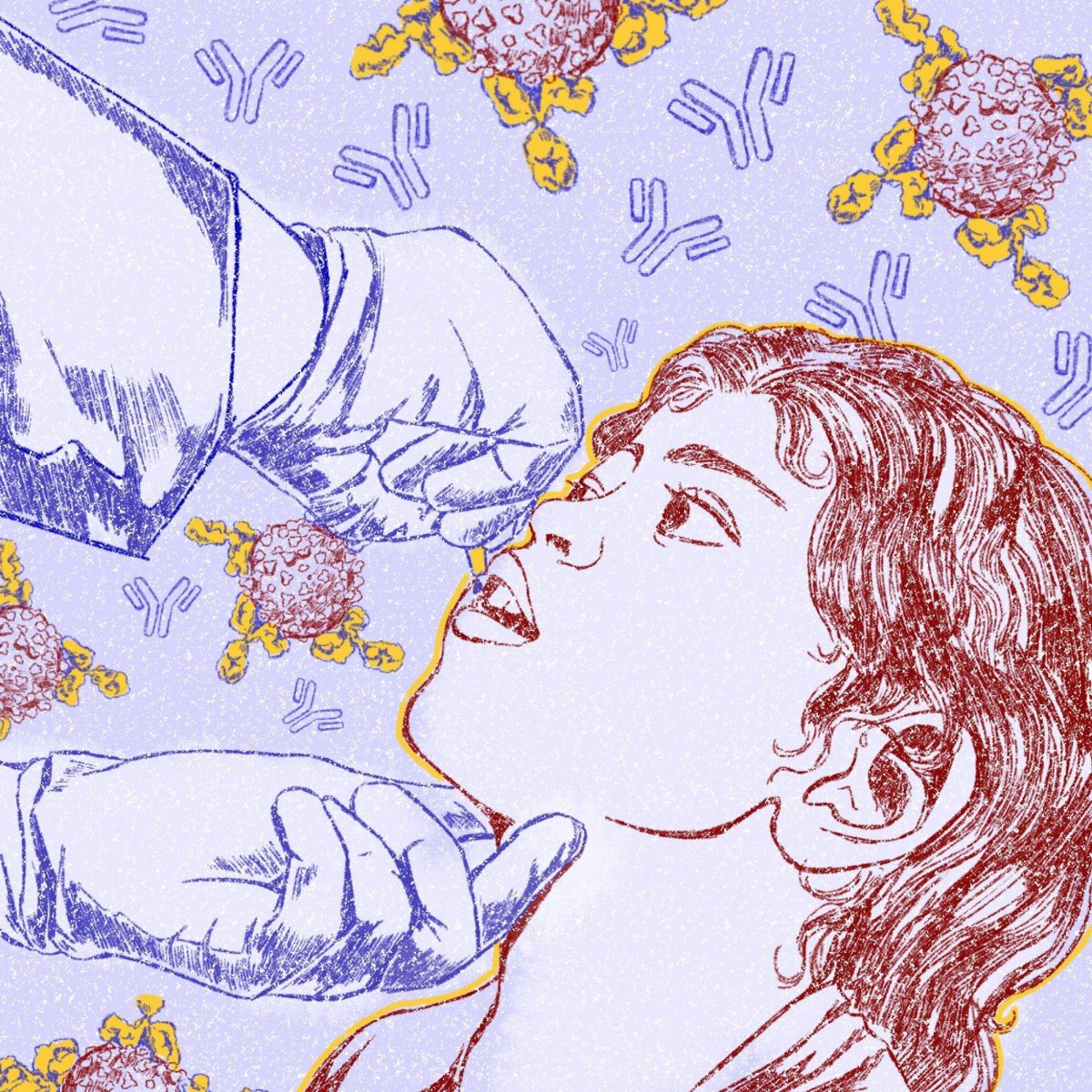Fenno Lab received a $1 million grant from the W.M. Keck Foundation to continue their research on creating molecular tools to personalize psychiatric treatments to patient needs.
Emma Babaian, a neuroscience senior and undergraduate research fellow in Fenno Lab, said that a lot of current psychiatric treatments are not precise and do not focus on a specific part of the brain.
“(Current treatments) work well in the regions that they need to, but the thing is, you can’t really steer medications to one part of the brain,” Babaian said. “Our goal is to take the effectiveness of those medications and make it so that they can be applied to specific brain regions.”
Lief Fenno, an assistant professor of psychiatry and neuroscience and the principal investigator of Fenno Lab, said the lab bridges neuroscience, psychiatry and biomedical engineering with the goal of creating specific versions of psychiatric medications, allowing them to manipulate specific neural activity in a basic research and clinical setting.
“All psychiatric drugs work as kind of a volume knob,” Fenno said. “They turn the activity of certain neural circuits up and down, but we don’t have tools that allow us to do that very precisely. … Our goal is to create genetically encoded molecules that have a similar effect as psychiatric medications, but they’re very precisely targeted to certain neural circuits.”
Fenno said the objective of the lab is to better understand psychiatric illnesses, and the lab also aims to have a broad impact that spreads to people with diverse problems and needs.
“What we do know is that there are certain parts of the brain that are not working in a similar way to patients without disease or mental illness,” Fenno said. “The idea would be that we’d be able to manipulate those parts of the brain clinically and very precisely in order to tailor treatments to individual patients’ needs.”
Babaian and biomedical engineering graduate student Rayna Taniguchi, both of whom are researchers in Fenno Lab, said they are hopeful the research and molecular and genetic tools in development in the lab will eventually be able to help patients in a healthcare setting.
“We’re still in the testing stages of it,” Taniguchi said. “From the results that we see, it’s been looking really promising and that’s been really exciting (to see) how well it works.”



















